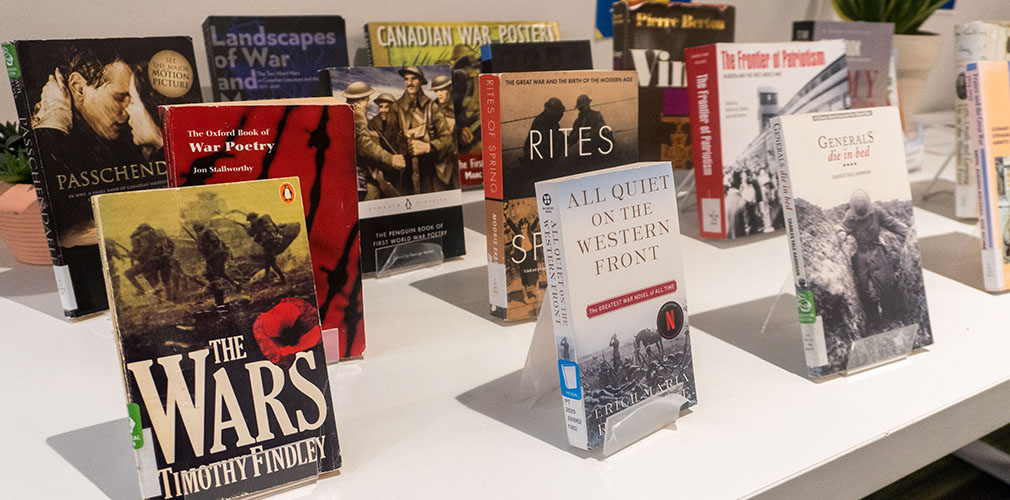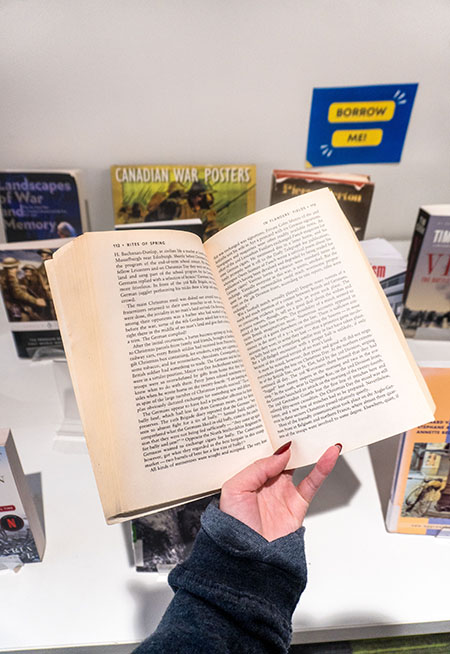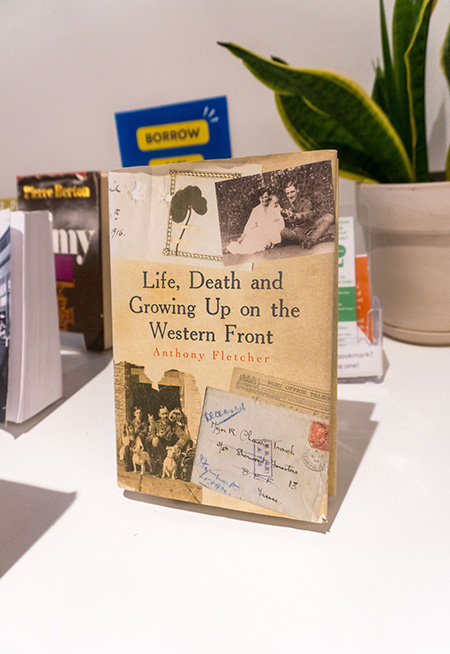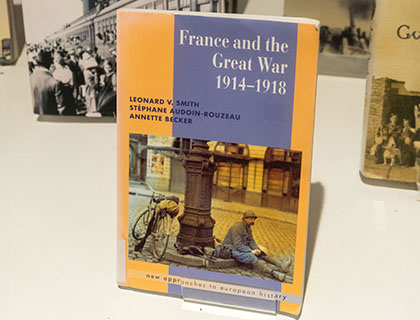

November 11th is Remembrance Day, an annual holiday in Canada meant to pay tribute to Canadian military personnel who died during wartime. November 11th is significant because it is the anniversary of the end of fighting in World War One.
World War One was a major military conflict that lasted from 1914 to 1918 with much of the fighting occurring in Europe.
Canada was one of many countries that sent troops to participate in the war. Millions died in the fighting, including more than sixty thousand soldiers from Canada. Canadian troops also suffered terrible injuries, both mental and physical.

A famous battle in which Canada’s sacrificial toll was high, was at Vimy Ridge in France. At this battle, Canadian troops fought bravely to take a vital and well defended enemy position.
Canadian forces were victorious after terrible fighting in which thousands of Canadian troops were killed or wounded. Afterwards Vimy Ridge became renowned among Canadians.
The victory and sacrifices at Vimy Ridge inspired a sense of nationalism in the country, and a call for more independence from Great Britain.

Thus, every year on November 11th, Canada memorializes the sacrifices of those who died both at Vimy Ridge and in the larger war.
While initially dedicated to the dead of World War One, over the years Remembrance Day has come to acknowledge those Canadians killed in other conflicts that Canada has participated in.
In Canada, Remembrance Day is a solemn occasion. Ceremonies are held in communities, churches, and schools in remembrance of fallen military personnel. These ceremonies are attended by veterans and their families, public officials, and many ordinary citizens.
Traditions during the ceremonies include laying wreaths, reading poetry, playing music, and holding two minutes of silence in remembrance of the dead.
One of the most important and enduring traditions of Remembrance Day is the wearing of red poppies. On November 11th Canadians wear poppies pinned on their clothing and over their hearts.
The poppy tradition comes from the poppy flowers that were found growing on the fields of Western Europe where so much fighting and death occurred during the war.
Canadian John McCrae helped make poppies a symbol of remembering the dead with his poem In Flanders Fields.
The poem references the flowers growing in the fields where the many dead lie buried. McCrae authored the poem while serving in World War One amid terrible violence and loss of life.

To mark Remembrance Day, the Alexander College library has prepared a display of books related to World War One. The display consists of poetry, fiction, and history books. Feel free to come to the library and check out any items that draw your interest.

Also, Student Life has prepared a Remembrance Day event for students, faculty, and staff. Here are the details:
Sources
Foot, Richard. “Battle of Vimy Ridge.” The Canadian Encyclopedia, 30 November 2023, https://www.thecanadianencyclopedia.ca/en/article/vimy-ridge.
Granfield, Linda. “John McCrae.” The Canadian Encyclopedia, 15 March 2016, https://www.thecanadianencyclopedia.ca/en/article/lt-col-john-mccrae.
Marsh, James H. “In Flanders Fields.” The Canadian Encyclopedia, 24 February 2016, https://www.thecanadianencyclopedia.ca/en/article/in-flanders-fields.
Marsh, James H. “Remembrance Day in Canada.” The Canadian Encyclopedia, 04 November 2021, https://www.thecanadianencyclopedia.ca/en/article/remembrance-day.
Marsh, James H. et al. “Remembrance Day Poppy.” The Canadian Encyclopedia, 04 November 2021, https://www.thecanadianencyclopedia.ca/en/article/remembrance-day-poppy.
Morton, Desmond. “First World War (WW1).” The Canadian Encyclopedia, 30 November 2023, https://www.thecanadianencyclopedia.ca/en/article/first-world-war-wwi.
Learn More
The Royal Canadian Legion is a veterans’ organization that has existed for almost a century. It is an excellent source to learn more about Remembrance Day and its traditions. You can access its website here.
If you are interested in attending one of the many Remembrance Day ceremonies to be held around Metro Vancouver this year, you can check the Legion’s list for details here
Alexander College acknowledges that the land on which we usually gather is the traditional, ancestral and unceded territory of the Coast Salish peoples, including the territories of the xʷməθkwəy̓əm (Musqueam), Skwxwú7mesh (Squamish), and Səl̓ílwətaʔ/Selilwitulh (Tsleil-Waututh) Nations. We are grateful to have the opportunity to work in this territory.
Alexander College acknowledges that the land on which we usually gather is the traditional, ancestral and unceded territory of the Coast Salish peoples, including the territories of the xʷməθkwəy̓əm (Musqueam), Skwxwú7mesh (Squamish), and Səl̓ílwətaʔ/Selilwitulh (Tsleil-Waututh) Nations. We are grateful to have the opportunity to work in this territory.